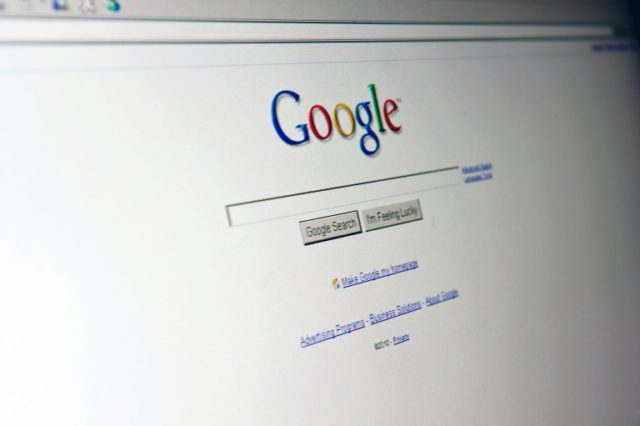Despite the fact that search engines such as Google keep user search data for long periods of time, the data retention does not improve search result quality, according to a report.
“In a paper released on Monday through the National Bureau of Economic Research, Lesley Chiou, an associate professor at Occidental College, and Catherine Tucker, a professor at the MIT Sloan School of Management, all in the US, argue that retaining search log data doesn’t do much for search quality,” reported the Register on Tuesday, before explaining that Google can keep data for “as long as it wants, with a caveat: the data is identifiable only for the first 18‑24 months, after which it gets anonymized.”
On the Nation Bureau of Economic Research’s official website, they explain that the paper investigates “whether larger quantities of historical data affect a firm’s ability to maintain market share in Internet search.”
Though Google has previously claimed they keep search data “to improve our search algorithms for the benefit of users,” the paper declared this to be questionable.
“Our findings suggest that long periods of data storage do not confer advantages in search quality,” the researchers claimed. “Which is an often-cited benefit of data retention by companies.”
In their report on the paper, the Register argued “it can be beneficial to avoid keeping too much data around,” adding, “Data retention turns a company into a magnet for legal requests and represents a liability in the event of hacking. Storage infrastructure also has a cost.” Europe and the United Kingdom have much stricter privacy rules than the United States, making this an even bigger issue there.
In August, the British government announced their plans to “strengthen” the “right to be forgotten” online.
Last month, AP reported that the government “published details of a Data Protection Bill, including a provision allowing people to ask for personal data held by companies to be erased.”
“The changes also would make it easier for people to find out what data companies or organizations hold on them, and would ban firms from collecting personal information without explicit consent,” they continued, adding that the law would push “fines of up to 17 million pounds ($22 million) on firms that fail to comply,” and would “replace European Union privacy protections.”
Charlie Nash is a reporter for Breitbart Tech. You can follow him on Twitter @MrNashington and Gab @Nash, or like his page at Facebook.

COMMENTS
Please let us know if you're having issues with commenting.